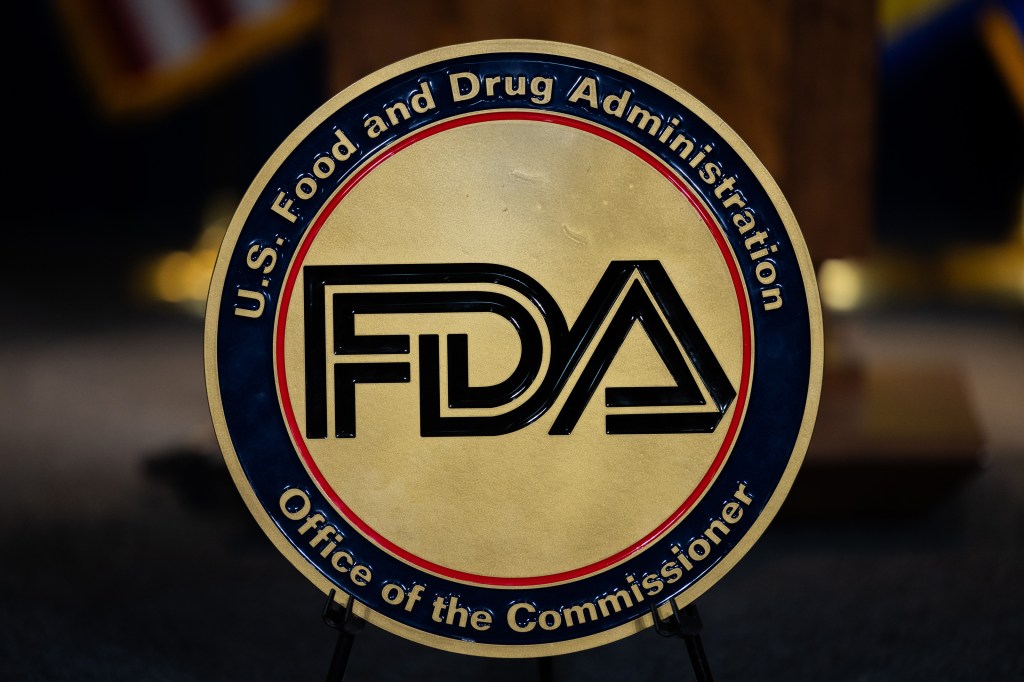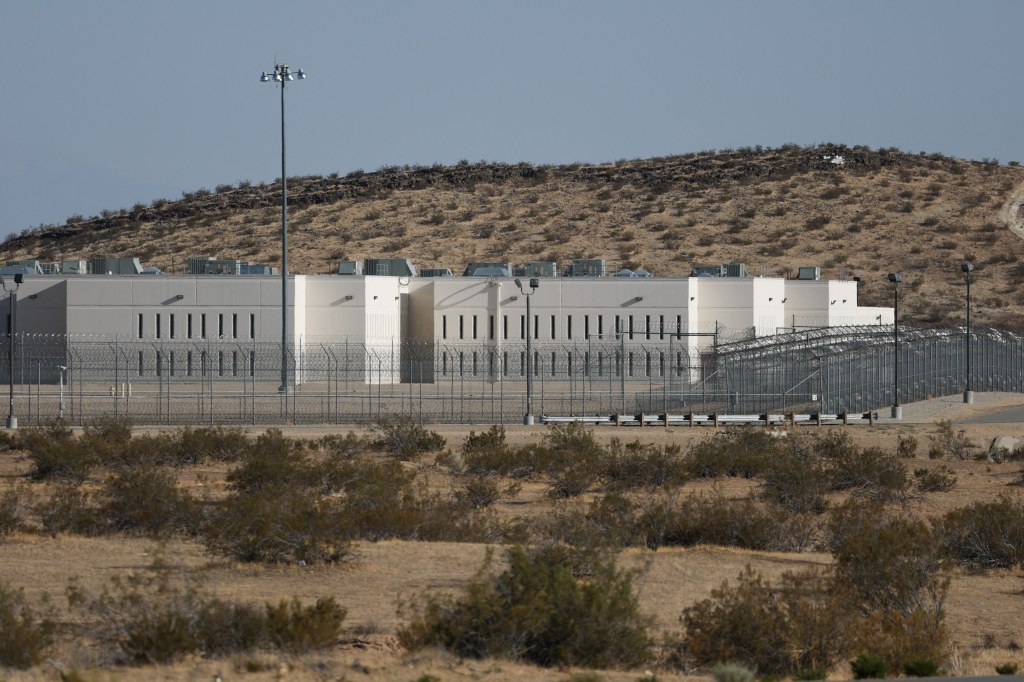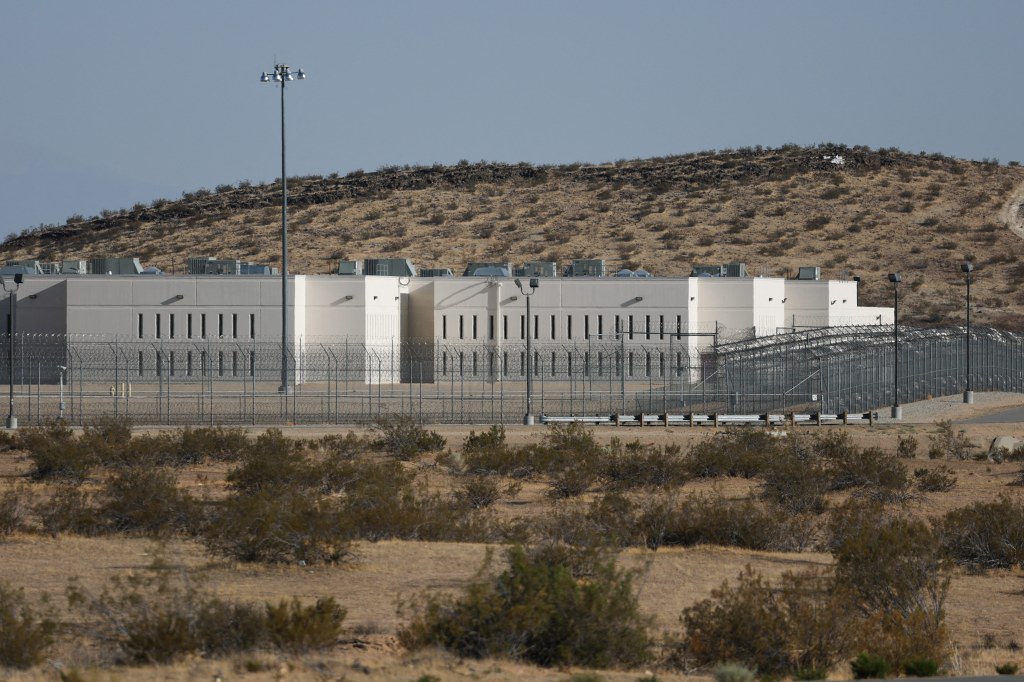The FDA has rehired at least some workers tasked with releasing public records generated by the agency’s regulatory activities, two employees said. The recall reverses firings carried out roughly a month ago by the Department of Health and Human Services, which oversees the agency.
Workers who process records about medical device and tobacco regulation under the Freedom of Information Act received notices from an FDA official May 1 that they were no longer being fired as part of the department’s mass layoffs, according to the employees and documents reviewed by KFF Health News, which agreed not to name the workers because they are not authorized to speak to the press and fear retaliation.
The workers were told to return to their jobs immediately.
As part of its plans to shrink HHS by 20,000 people, officials announced in late March that 10,000 employees would be laid off across the department, which includes the Centers for Medicare & Medicaid Services, the Centers for Disease Control and Prevention, the National Institutes of Health, and the FDA. More than one-third of the layoffs, 3,500, affected FDA staffers. Those firings gutted the FOIA divisions across HHS.
The layoffs decimated the workforce that processes FOIA requests across FDA centers overseeing vaccines, drugs, tobacco, medical devices, and food, said current and former employees. Operations to release public records requests largely ground to a halt, according to half a dozen current or former employees. Employees said FOIA workers were fired despite being involved in furnishing government records under court-ordered deadlines in response to litigation.
A notice from FDA to an affected FOIA staffer said the HHS’ “Reduction in Force” was being rescinded but did not provide a rationale for reinstatement, according to a copy viewed by KFF Health News. However, the worker said an FDA official had told them their job was “mission critical.”
Two current or former employees noted that the FDA missed several court-ordered deadlines to produce documents in April. Other FOIA workers were told they were being reinstated, two employees said.
HHS officials didn’t respond to a request for comment.
FOIA is a transparency law that guarantees public access to the inner workings of federal agencies by requiring officials to release government documents. The 1966 law is a crucial tool for law firms, advocates, businesses, journalists, and the public. It has been used to hold officials accountable and uncover harm, corruption, and political meddling in policymaking.
At HHS, FOIA requests are used to obtain a litany of records, including detailed CDC information about large outbreaks of food and waterborne illnesses, and reports generated by FDA inspections of facilities that make food, drugs, medical devices, and dental products.
The decision to bring back at least some FOIA staff occurred after HHS Secretary Robert F. Kennedy Jr. said officials were “restoring all the FOIA offices.” Earlier this year, HHS also laid off the entire CDC office handling that agency’s FOIA requests and significantly cut FOIA staff at the NIH.
“We’re going to make it much easier for people to get the information. We’re going to try to post as much as we can,” he said on April 22.
The HHS decision to decimate FOIA staff spurred at least one lawsuit and pushback — from Rep. Gerry Connolly (D-Va.), who sent a letter to CDC on April 24 about the firings.
CDC FOIA staff had not been reinstated as of Friday morning, one employee said. In a May 1 court filing as part of a lawsuit challenging those firings, Edward Martin, interim U.S. attorney for the District of Columbia, said the CDC and HHS “have not abandoned any of its obligations under FOIA and instead is undergoing a re-structure pursuant to a valid Executive Order.” Martin said that “streamlining inefficient operations will benefit the public by enhancing transparency and accountability to the taxpayer.”
The filing was submitted as part of a lawsuit brought in April by Citizens for Responsibility and Ethics in Washington, a legal advocacy group.
During fiscal year 2024 — October 2023 through September 2024 — the FDA provided at least some records in response to more than 12,000 requests, according to HHS’ annual FOIA report.
There were exceptions to the mass layoffs of FOIA employees, however. The cuts at FDA spared at least some workers furnishing records in response to court orders in FOIA lawsuits involving the agency’s vaccines division, which includes litigation brought by an ally of Kennedy’s who represents anti-vaccine interests, according to four current or former agency employees.
Lawyer Aaron Siri filed the FOIA lawsuits, on behalf of the nonprofit Public Health and Medical Professionals for Transparency, in 2021 and 2022 against the FDA to obtain records related to Pfizer’s and Moderna’s covid-19 vaccines. Siri was Kennedy’s lawyer during his 2024 presidential campaign and has represented prominent anti-vaccine activists in numerous lawsuits.
The FDA faces a June 30 court-ordered deadline to finish releasing documents in those cases.
We’d like to speak with current and former personnel from the Department of Health and Human Services or its component agencies who believe the public should understand the impact of what’s happening within the federal health bureaucracy. Please message KFF Health News on Signal at (415) 519-8778 or get in touch here.
KFF Health News is a national newsroom that produces in-depth journalism about health issues and is one of the core operating programs at KFF—an independent source of health policy research, polling, and journalism. Learn more about KFF.
USE OUR CONTENT
This story can be republished for free (details).








